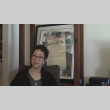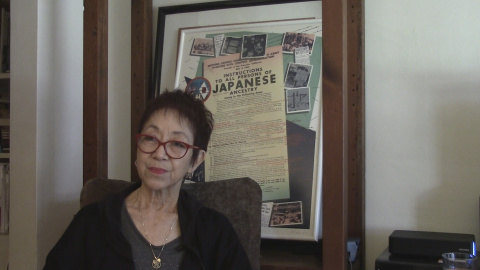PARTNER
Densho
Visit partner
COLLECTION ID
ddr-densho-1020
DESCRIPTION
In 1942, President Franklin D. Roosevelt ordered the evacuation and incarceration of Japanese Americans with Executive Order 9066. Forty-six years later, Congress sought to belatedly address this injustice with the Civil Liberties Act of 1988, which established a process of redress for those harmed by 9066. Housed within the Department of Justice’s Civil Rights Division, the Office of Redress Administration (ORA) was the government body created to carry out this historic task. This project documents the history of the ORA through ten oral histories with former staff. These never-before-recorded stories chart the development and operation of ORA, highlighting the struggles and successes of the agency during its ten-year tenure. The project also includes oral histories with two community leaders that helped facilitate the redress process between the Japanese American community and ORA. Taken together, the project offers scholars and the public one of the first, in-depth looks at Japanese American redress. These interviews were conducted by Emi Kuboyama, Director of Professional Networks, Stanford University. She served as an attorney for the Department of Justice’s Office of Redress Administration from 1995-1998.
INCLUSIVE UNIT DATE
2019-2020
BULK UNIT DATE
2019-2020
PHYSICAL DESCRIPTION
CONTRIBUTOR
Densho
CREATORS
PREFERRED CITATION
Courtesy of Emi Kuboyama
RIGHTS
Copyright restricted
13 Objects



(This material is based upon work assisted by a grant from the Department of the Interior, …








